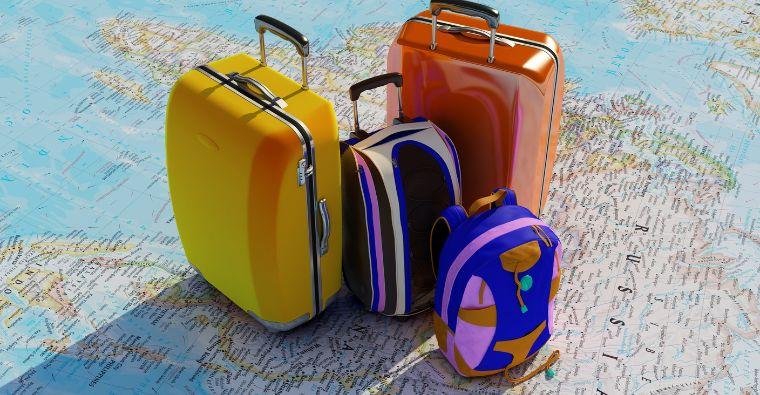Job Creation and Employment Opportunities
One of the most significant impacts of tourism is job creation. According to the World Travel & Tourism Council (WTTC), the travel and tourism sector supported 319 million jobs globally in 2018, accounting for 10% of total employment. These jobs span various sectors, including hospitality, transportation, retail, and entertainment, providing opportunities for both skilled and unskilled workers. Local communities benefit from these jobs, as they help reduce unemployment rates and stimulate local economies.
Boosting Local Businesses
Tourism stimulates local businesses, particularly small and medium-sized enterprises (SMEs). Restaurants, shops, and tour operators often see increased demand during peak tourist seasons. A study by the U.S. Travel Association indicates that every $1 spent by a tourist generates an additional $1.67 in local economic activity. This influx of spending can lead to higher sales volumes and profit margins for local businesses, allowing them to thrive and expand.
Infrastructure Development
As tourism grows, so does the need for improved infrastructure. Local governments often invest in better roads, public transportation, airports, and amenities to accommodate visitors. This infrastructure not only benefits tourists but also enhances the quality of life for residents. For example, improved transportation systems can lead to better connectivity for local residents, making it easier for them to access jobs, education, and healthcare services.
Cultural Preservation and Community Development
Tourism can also play a role in cultural preservation and community development. By showcasing local traditions, arts, and heritage, communities can create unique tourism experiences that attract visitors. This encourages the preservation of cultural sites and practices, which might otherwise be neglected. Furthermore, the revenue generated can fund community projects, educational programs, and environmental conservation efforts, leading to a more sustainable approach to tourism.
Challenges and Considerations
While tourism can provide significant economic benefits, it also poses challenges. Over-reliance on tourism can lead to economic vulnerabilities, particularly during crises like natural disasters or pandemics. Moreover, excessive tourism can strain local resources and infrastructure, resulting in overcrowding, environmental degradation, and a decline in the quality of life for residents. Communities must balance tourism growth with sustainable practices to ensure long-term benefits.
The economic impact of tourism on local communities is profound, offering job creation, business opportunities, and infrastructure development. However, it is essential for communities to approach tourism with a sustainable mindset, ensuring that the benefits extend to both visitors and residents. By fostering a responsible tourism model, communities can harness the potential of tourism while preserving their cultural heritage and natural resources.




